Nearly every culture with documented history has, in their attempt to make sense of life, contemplated a place of rest in the afterlife. One of the earliest narratives of a place beyond the grave, outside of Biblical accounts, is chronicled in the Epic of Gilgamesh; a place called the
land of Dilmun. In ancient Egyptian culture, Pharaohs – upon their deaths – were ‘handed’ the Book of the Dead; a map that was to help them navigate through the underworld on the way to other side.
However, outside of this otherworldly contemplation of a spiritual destination, there is also an equally strong religious proposition for a heaven on earth. In Judaism, this was the land of Canaan; the Promised Land. Rastafarianism – a diaspora Africans’ religious movement – places Canaan within Africa; in Ethiopia. These geographical locales notwithstanding, a majority of the doubters are of the view that the earthly places are mere metaphors meant to galvanize people towards a common cause.
This collective of cynics is particularly gaining momentum in Africa. Africans are beginning to question the central message of paradise as told in the Bible. At the heart of this skepticism is the atrocious legacy of colonialism by seemingly Christian imperialists. This has been compounded further by the apparent economic supremacy of non-Christian religious adherents especially in Sub-Saharan Africa. The increasingly divisive global geopolitics, particularly in the Middle-East, has only served to heighten this wariness.
In light of these recent developments, is the narrative of The Promised Land still relevant? But more importantly, if an African was to set out and study both ancient and contemporary texts that allude to a place of rest and abundance, would they find such a place on earth?
This book is a compilation of reflections by one African who attempted the onerous task of finding an Afro-centric Promised Land.















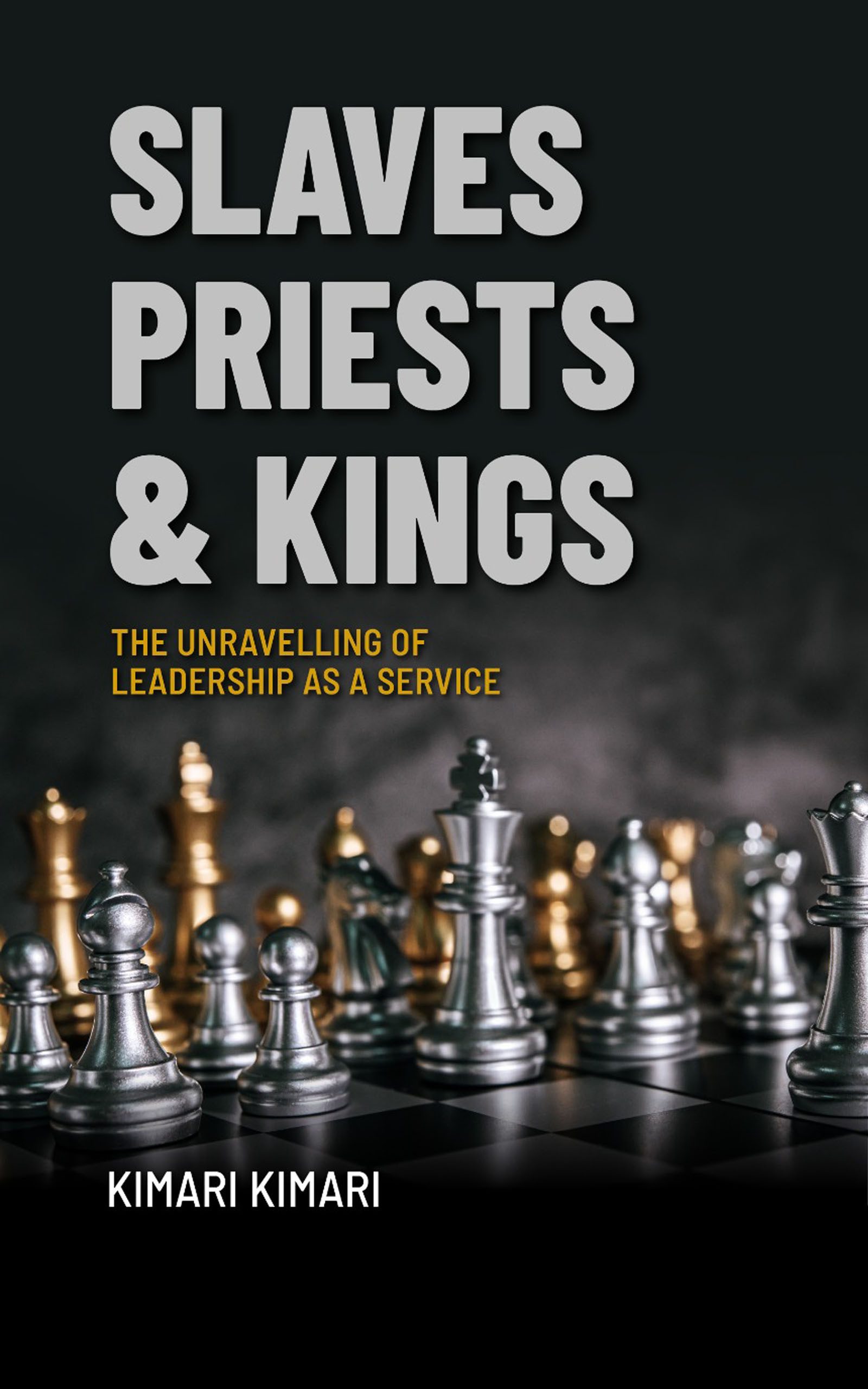
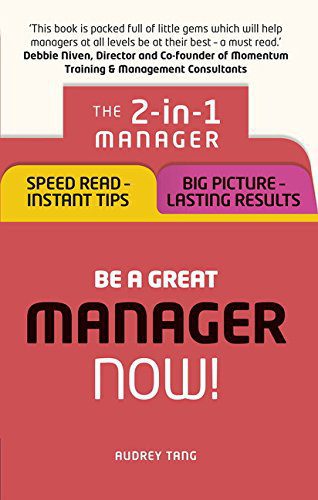
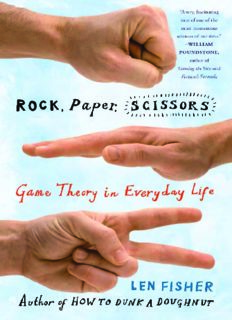

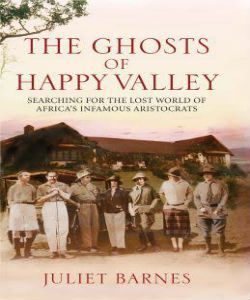
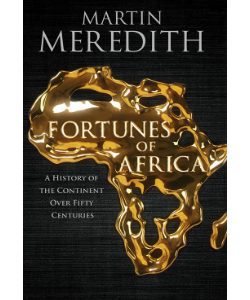

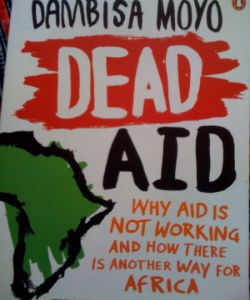

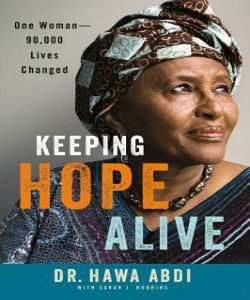

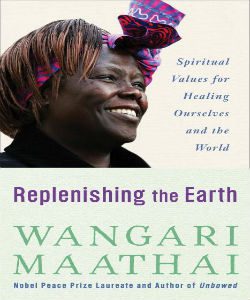

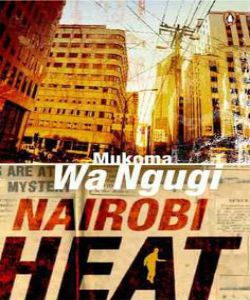
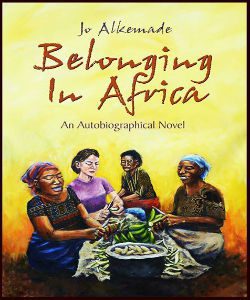
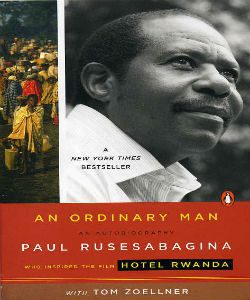
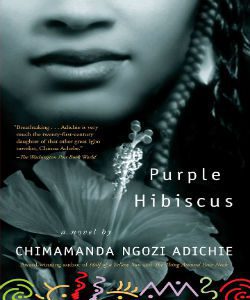
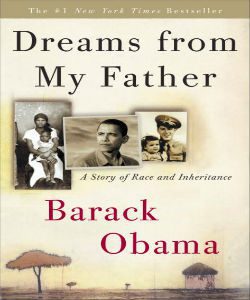


Dorica –
I am still moved by this book weeks after I finished reading it. The stories speak volumes of insights and lessons on so many levels. I also loved the way Kenyan history comes out so colourful and fresh when intertwined in the stories and this is what I appreciated the most. I am definitely buying more copies and sharing with as many people as I can.
Muthomi Gitonga –
I am glad to read the book. It captures intriguing history which leads to the curent happenings.
I can now tell why number of things are the way they are.
As you explained to us, your book is a pointing door to other “things to come”.
Jacob Aliet –
This book is a catalog of stories about remarkable individuals and the feats they achieved. It’s a compilation of tales shining light on the human spirit and the ingredients of success both at an individual, corporate, and community level. The stories are wonderfully told and it makes for excellent reading.
Brian Kangetta –
Kimari brings to life the saying “The more things change, the more they remain the same”. Well researched historical lessons are quite masterly weaved into present day society, community, business, life. The author opens our minds to see below the surface in quite a number of areas. Important lessons for generations gone by and generations to come. Kudos!
Helen –
Kimari’s “Slaves, Priests and Kings” is an enthusiastic guide to becoming a leader. It captures your imagination as you wonder where you fit in the triangle. This fast-paced book takes you on a transformative journey filled with self-reflection and ignites a desire to be more, to be an effective and efficient leader. Kimari weaves history with his life experiences to create a stimulating, informative, and entertaining piece. You learn many things, including that being an excellent leader does not mean you have to be perfect. Kimari is realistic and reminds his reader that in this ever-changing world, you only have to be persistent, courageous, and focused on your goals to be a phenomenal leader! He calls for togetherness, unity, and collaboration despite our diversity, a reminder that no man is an island. If you want to be a transformative leader, be inspired to work with others. There is strength in unity.
Mbugua Muthoki –
This book is a manual, a must for everyone aspiring to actualise their thoughts and touch generations with PERDURABLE FOOTPRINTS. The illustrations given – local and global are deep, very well researched and easy to to relate with. The reason for North Africa doing better in soccer in comparison to West Africa is ingenious.
Robert Nderitu –
Kimari delves deep into history to reveal transformative leadership themes that are relevant today.
A must read for contemplative minds who aspire to grow by correlating success themes into today’s world.
Cathy Nj –
I have a way of being radical, not following the crowd. I felt validated as I read this book. Then I knew the author’s home area as it was also mine. Some history about it I was not aware of. At first I thought it’d be a book to add on my TBR but I ended up reading it all. But for breaking to take in the story flow as it was very captivating. I recommend it to the daring fellas out there. I look forward to another one from the author
Edward –
The book provides valuable insights and practical advice on how to achieve personal and professional success by developing effective habits. The book is well-organized and easy to follow, making it easy to apply the habits to my own life.